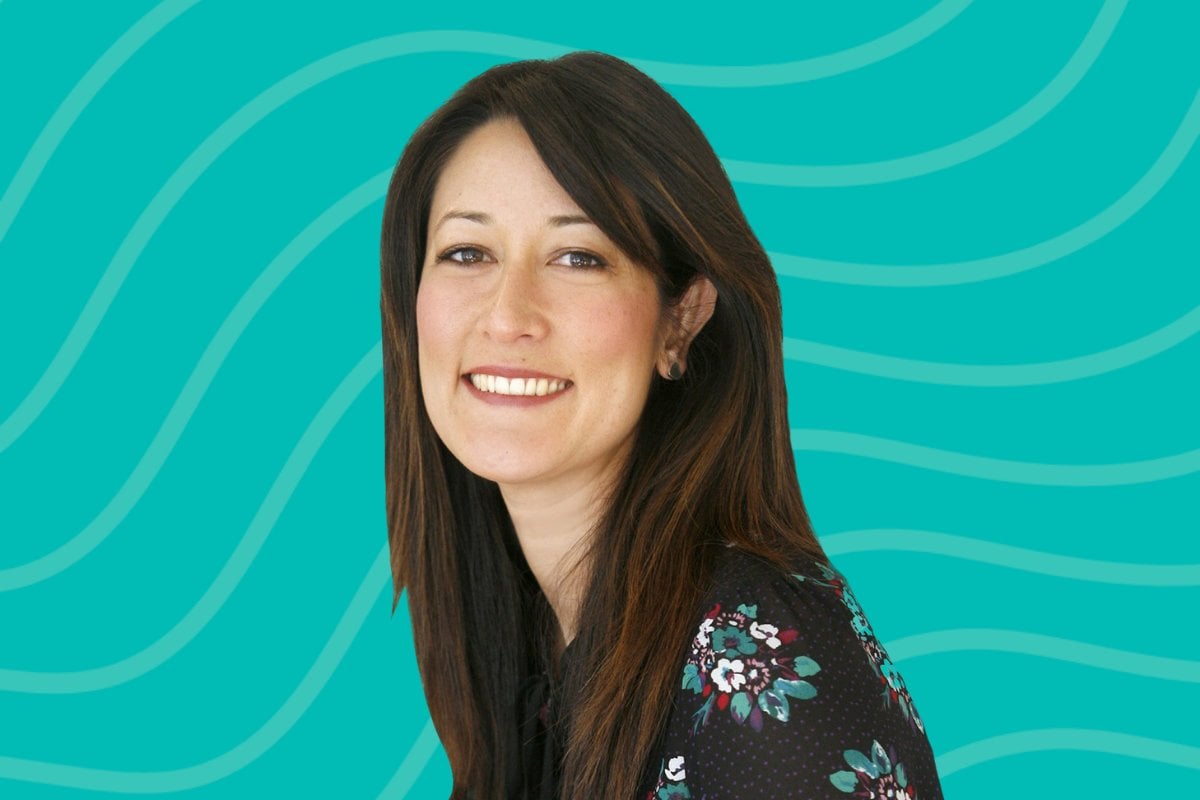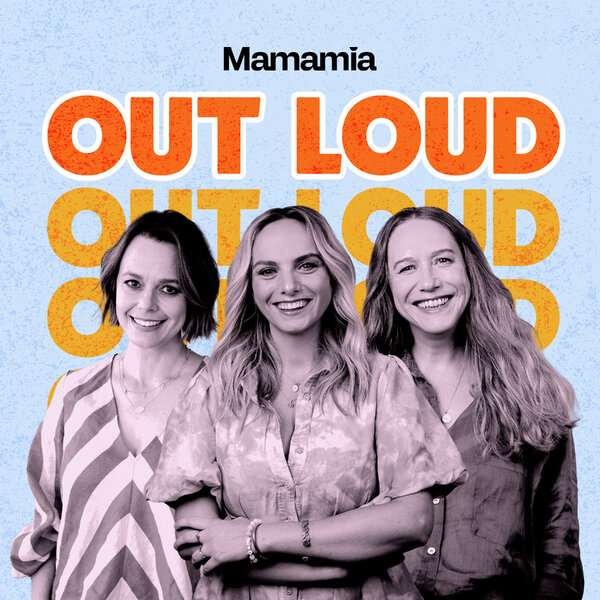
Dr Yasmin Tan is a Sydney gynaecologist, laparoscopic surgeon and women’s ultrasound specialist. She works at the Women’s Health and Research Institute of Australia (WHRIA) and at the Royal Hospital for Women. She is a Clinical Lecturer with The University of Sydney Northern Clinical School, Discipline of Obstetrics, Gynaecology & Neonatology.
In this session, we learn what exactly HRT is, whether it is safe and if it could help you.
Here's what we learned from Dr Yasmin Tan's session:
Hormone Replacement Therapy (HRT) is steeped in misinformation.
And that's a problem, because it's also one of the most effective methods for coping with many of the debilitating symptoms of perimenopause.
"HRT is any medication with female hormone in it, so it contains estrogen. That's the main hormone which we are trying to give back to the body because it's decided to make less of it, and as time goes by no estrogen," Dr Yasmin says.
"The second hormone we give usually with HRT is progesterone. And we need that for women who still have a uterus. The uterus is really an important organ that we have to protect with HRT because the lining of the uterus can thicken up if you just give it estrogen alone."
HRT is used to relieve uncomfortable symptoms of perimenopause like hot flushes, mood swings, concentration issues, sleep problems and vaginal dryness.
There is a misconception that HRT is linked to breast cancer due to a study conducted over 20 years ago as Dr Yasmin explains.
"I think what this really stems from a big study that happened over 20 years ago called the Women's Health Initiative study.
"There are a lot of flaws with this study and we recognise this now. They were using very out of date, synthetic hormones, which we don't use anymore.
"The estrogen they were using was made from pregnant bears urine. So we don't use that anymore.
"And they also tried it in women of all age groups — so the women were average ages around 65. That's not really our target age range for treatment.
"So they found that there was an increased risk of breast cancer and they touted this to the media and it was sold in a very catastrophic way.
"As a result women are just terrified about hormone therapy and breast cancer. But if you look at the absolute risk, the cases of breast cancer went up by eight per 10,000 women per year.
"So we've got studies now showing that it's probably, if there is a risk of breast cancer, it's very, very small and even so small, it's hard to measure.
"So using these natural treatments is much safer.
"There may be a slight increased risk of breast cancer, but not as a cause from the HRT, but it's very small. We think that HRT might actually make the breast cancer declare a little faster, but we don't think it causes it.
"I think every woman needs to have a discussion with their doctor about the risks, and then everyone's going to have a different way they accept risk as well."
The history of Hormone Replacement Therapy
Hormone replacement therapy has changed a lot over time.
"Estrogen treatment first came in the 1930s, and about a decade later, we got progesterone.
"The uptake of HRT really got adopted in the 1960s with all the women's empowerment movement, but the doses and the type of hormone were very, very different to what we use now nearly just under 100 years later.
"We use natural estrogen and progesterone now [and] these are probably the safest way to give HRT," Dr Yasmin says.
How to take HRT.
Estrogen can be consumed in a tablet, patch or gel form, while progesterone is usually taken orally as a tablet.
Severity of symptoms, medical, and family history are all considered when prescribing HRT, so always consult with your doctor before beginning treatment.
Resources:
- Australasian Menopause Society
- Find a doctor (Australasian Menopause Society)
Information discussed in The Very Peri Summit is for education purposes only and is not intended to provide professional medical advice. Readers should seek their own medical advice, specific to their circumstances, from their treating doctor or health care professional.
Feature Image: Supplied.
Are you the grocery buyer in your household? Take this short survey now to go in the running to win a $50 gift voucher!
